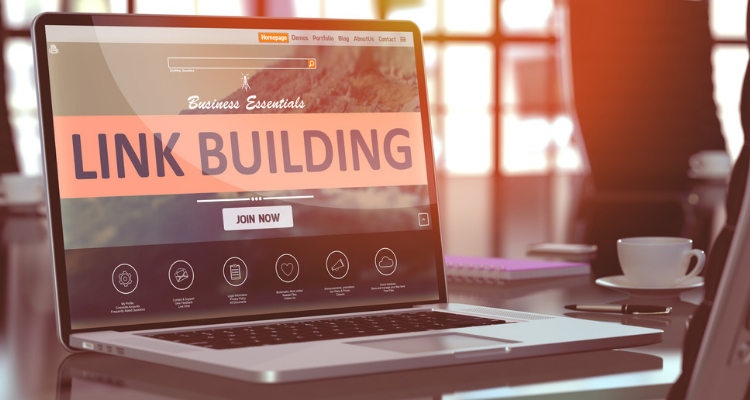When it comes to increasing your visibility in search engines, link building is considered a vital cog in the wheel responsible for helping websites achieve higher ranks. In fact, it has become an essential part of most SEO plans because of the juice quality links provide to your website traffic. The reason quality link building is in such high demand is because it has become increasingly harder to build solid links, especially with Google’s ever-changing search algorithms. Fortunately, link building efforts do not have to always end in a wash. Understanding the mistakes of others can provide solid ground for your footing and outreach positioning, which is why we are going to cover a few roadblocks that ensure a doomed link building outreach campaign.
5 Ways to Sabotage Your Link Building Campaign
Creating an effective outreach campaign can seem like you’re spinning tires and gauging efforts can be really hard to track at times, but if properly executed, you can acquire some extremely helpful and valuable links. When it is all said and done, the effort you put in will be the quality you receive. Take a moment and observe these common 5 outreach mistakes that will have you smh.
1. Outreach Riddled with Errors
Many would think that this is an obvious mistake, but you would be surprised to find out how common this occurs. Some builders are just so excited to reach out, they send before thoroughly proofing their email. This actually carries a significant amount of weight, as editors are definitely not going to assume you can write an amazing article for their site if your email has grammatical and spelling errors in it.
2. Poor Follow-up Practices
One thing to keep in mind is in most cases, these editors are not receiving guest post requests from just you. Chances are, they are probably being flooded with them, which makes this step pretty critical in the building process. Follow-ups are important, but so is the information contained in them too.
For example
“Hey Editor, Do you have any news on my article???”
Compared to:
“Hello Brandon, I was in the process of reviewing emails from this last month and noticed that I didn’t receive a reply after sending this article in. Did it ever make it to your inbox? In the event that it didn’t, I’d love for you to still consider publishing it. Best, Erika P.s. If you need any edits, don’t be afraid to shove it back at me until it’s on point!”
Did you see the difference? The first one will most likely end up in the trash, while the later would spark a level of professional consideration. The above example added a little human interactiveness with the p.s. Depending on the website, this tone adjustment can speak wonders to the editor because it shows you trying to connect and form a relationship.
3. Snoozing on Subject Lines
Chances are that if you are asking for links, then you know a thing or two about producing content or at least basic framework. Think about the headline of your article. At the time you were developing it, you probably had a set of internal criterion that you wanted your headline to meet. You’d want to state what it is about and in a very interesting and engaging way. Email subject lines work the same way. Personalising your subject lines increase open-rates.
4. Your Article Is Not the Puzzle Piece
Believe it or not, this is another one of those no brainer steps, but it also has a sense of taste as well. Editors receive a ton of emails and in the chance, they do make it to your and open your article and read it. If your content isn’t providing value to their audience, then what good is it to them. For you, you’ll get a precious link and they get nothing of value to their following base. In your initial pitch, be sure to mention the benefits and value you content can provide to their audience. Editors are more likely to sympathise when there is something their audience will love and share.
5. Post Ghost the Link Host
After getting your precious link on the website, what do you do? Head for the hills with your link and never look back? This is another big tick that guest posters put on editors. They went through the trouble of reading your material, analysing it to ensure it is a match for their brand and then give you a placement link, only for you to bounce at the sight of a secured link. No thank you, appreciate it or nothing.
You are guest posting, so being active is important. Besides, who knows your material better than you, so responding to the community and comments is important and helps build on that relationship with the editor.
Surviving These Five Mistakes
Regardless of your approach, strategy or intended direction, link building outreach is important and so is monitoring your link profile diversity. The last thing you want is to have your linking profile damaged with bad and/or broken links. Be smart and be genuine with your outreach efforts in order to achieve the best results.
Enjoyed this article on link building campaigns? Here’s some more articles focusing on SEO, outreach and content:
